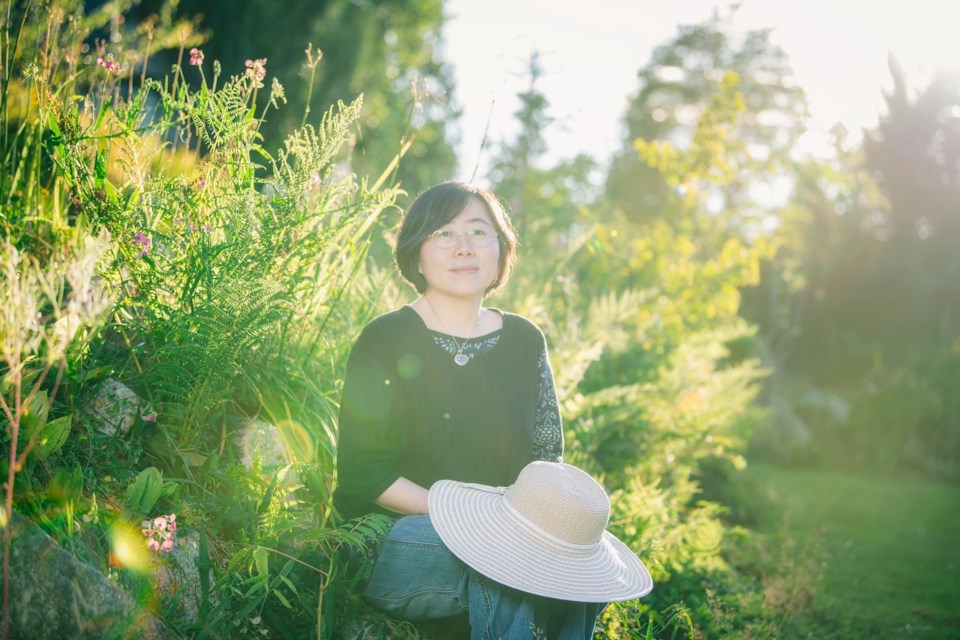Some Richmondites are calling on the city to cancel Canada Day celebrations as the nation grieves for hundreds of children who never came home from residential schools.
Richmondite Ally Wang, a member of the Anti-Asian Hate Crimes Group, said Canada Day has always been a special time to allow her and her family members to celebrate the pride and joy of being Canadian and acknowledge the many successes the country has achieved so far.
However, Wang isn’t feeling very proud at all right now.
“I feel extremely devastated after getting to know the Indigenous history and their sufferings,” Wang said. “I couldn’t imagine what it might feel like for people living there to see fireworks displays and different celebration events going on annually to celebrate the establishment of the country which caused their genocide.”
The movement to put the holiday on hold comes in the wake of an estimated 751 unmarked graves being discovered on the site of a former residential school in Saskatchewan. An increasing number of people across the country are calling for Canada Day to be cancelled, using hashtags like #CancelCanadaDay.
“We are all one big family and anyone’s suffering is still my suffering; each community’s pain is my pain. I want to take a pause and take this opportunity to reflect on the past dark history,” said Wang, adding that all members of the advocacy group agree with her idea.
Wang said many Chinese-Canadian immigrants share the pain with the Indigenous community since July 1 was also once remembered by another name - “Humiliation Day” following the Chinese Exclusion Act that was passed on July 1 in 1923.
The Chinese Immigration Act of 1923, also known as the Chinese Exclusion Act, banned the entry of all Chinese immigrants for 24 years, which divided hundreds of Chinese families during that time.
The time limit on absence from Canada was two years and the penalty for not returning on time was to bar re-entry. Additionally, every Chinese person, whether Canadian-born or naturalized, was required to register for an identity card within 12 months. Although the Act was repealed in 1947, immigration restrictions on the basis of race were not fully scrubbed until 1967, according to Wikipedia.
“During those dark times, many Chinese immigrants in Canada refused to say Happy Birthday on July 1, and they never attended any parades on that day,” said Wang.
“We couldn’t just think these issues only belong to the past and brush the ugly truth off easily by offering them with a simple apology since many Indigenous females continue to be harmed,” added Wang.
Wang noted she learned the word “reconciliation” after immigrating to Canada and this word has frequently made appearances on various media outlets over the past few years.
For Wang, the word “reconciliation” is easy to pronounce, but she’s found it’s very difficult to practice.
“We need to educate ourselves about the dark history and the most important is to understand that the land where we are living happily and safely is coming out of someone else’s suffering, pain and tears,” said Wang.



